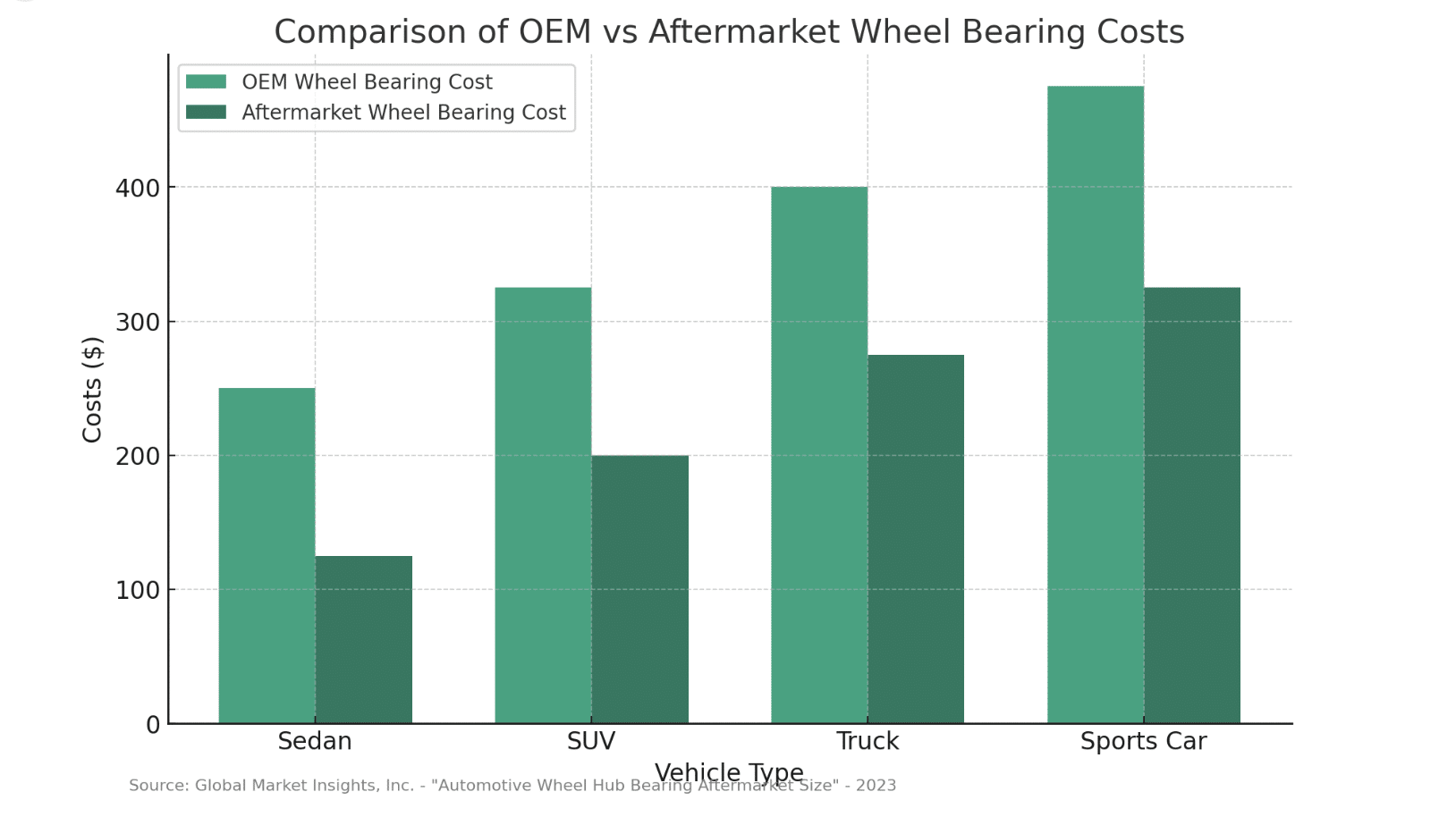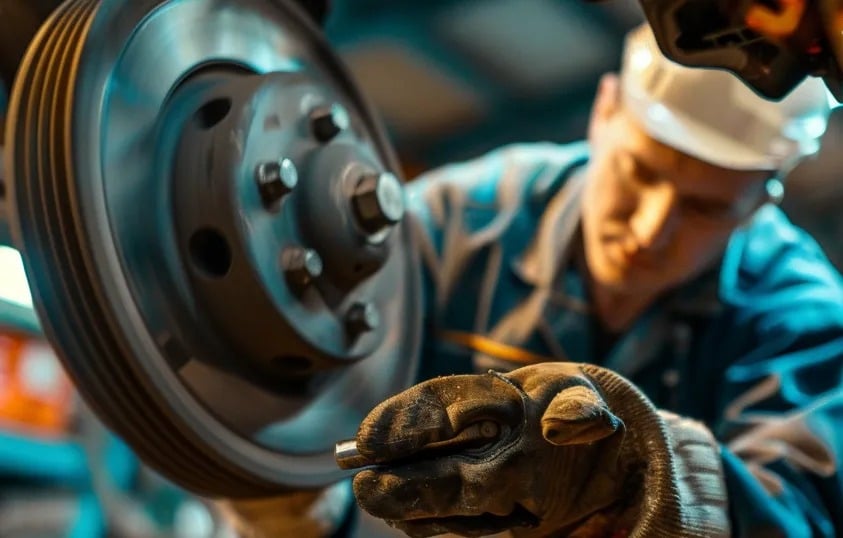Independent suspension - rear suspension of a car
The average wheel bearing replacement cost can vary significantly based on your vehicle’s type and the specific bearings required.
Regular maintenance and professional inspections are essential for ensuring the safety and optimal performance of your vehicle’s wheel bearings over time.
Let’s embark on this informative journey and empower you with the knowledge to navigate the dynamics of wheel bearing replacement costs confidently.
With over 15 years of technical writing and mechanical engineering experience, David Allister holds a Bachelor's degree in Mechanical Engineering from the University of Michigan. His passion for innovation and technology has made him a leading voice in industry trends, advancements, and best practices. David joined our team in 2021, bringing a wealth of experience from his time at renowned automotive companies, where he led numerous projects from planning to execution. Beyond his professional life, David is an avid cyclist and enjoys restoring vintage bicycles, showcasing his love for intricate mechanisms and sustainable transportation solutions.
By addressing bearing issues promptly and scheduling timely replacements as needed, you can avoid more costly repairs down the line and optimize the performance of these critical components that play a vital role in your vehicle’s handling and stability.
Clean the areas around the bearings regularly, protecting them from water, dirt, and debris build-up that can accelerate wear.
It’s also essential to consider the expertise and labor rates of your chosen service provider, as these can significantly impact the overall cost of the replacement process.

We will examine crucial aspects such as the vehicle’s make and model, the type and quality of replacement bearings, labor costs, and any additional components that may require replacement.
Additionally, avoid high-impact loads or harsh driving conditions that could subject the bearings to excessive stress and potentially damage them prematurely.
This comprehensive blog aims to equip you with a thorough understanding of the factors influencing wheel bearing replacement costs.
It’s essential to note that several additional factors can influence these costs, such as the vehicle’s make, model, age, and overall condition.
To illustrate the potential cost variations, replacing wheel bearings on a standard sedan could cost between $100 and $300 per wheel, including parts and labor. However, for a luxury SUV equipped with premium bearings, the cost could escalate to $200 to $500 per wheel, not including potential additional component replacements that may be necessary.
Costs can also vary based on your geographic location and the specific service provider’s labor rates. Urban areas and dealerships often command higher prices than independent mechanics in more rural regions.
Inevitably, these components wear out over time due to the constant stress and friction they endure, necessitating replacement.
We strive to provide high-quality, stylish home decor pieces to help you create the perfect look for your unique space. Our blog offers helpful tips and tricks to bring your dream home to life!
Replacing worn wheel bearings is critical for maintaining your vehicle’s safety and performance on the road. Damaged or failing bearings can lead to many issues, including uneven tire wear, steering instability, and even the potential for complete wheel separation if left unchecked for an extended period.
Additionally, we will emphasize the importance of timely bearing replacement and provide insightful information to help you budget effectively.

In some cases, additional components like wheel hubs, seals, or axle nuts may need to be replaced alongside the bearings, further increasing the overall cost.
With the right care and attention, your new bearings should provide smooth, reliable performance for years, contributing to your vehicle’s overall safety and longevity.
Older, high-mileage vehicles may require additional repairs or replacements during the bearing installation process, increasing expenses.




 8613869596835
8613869596835